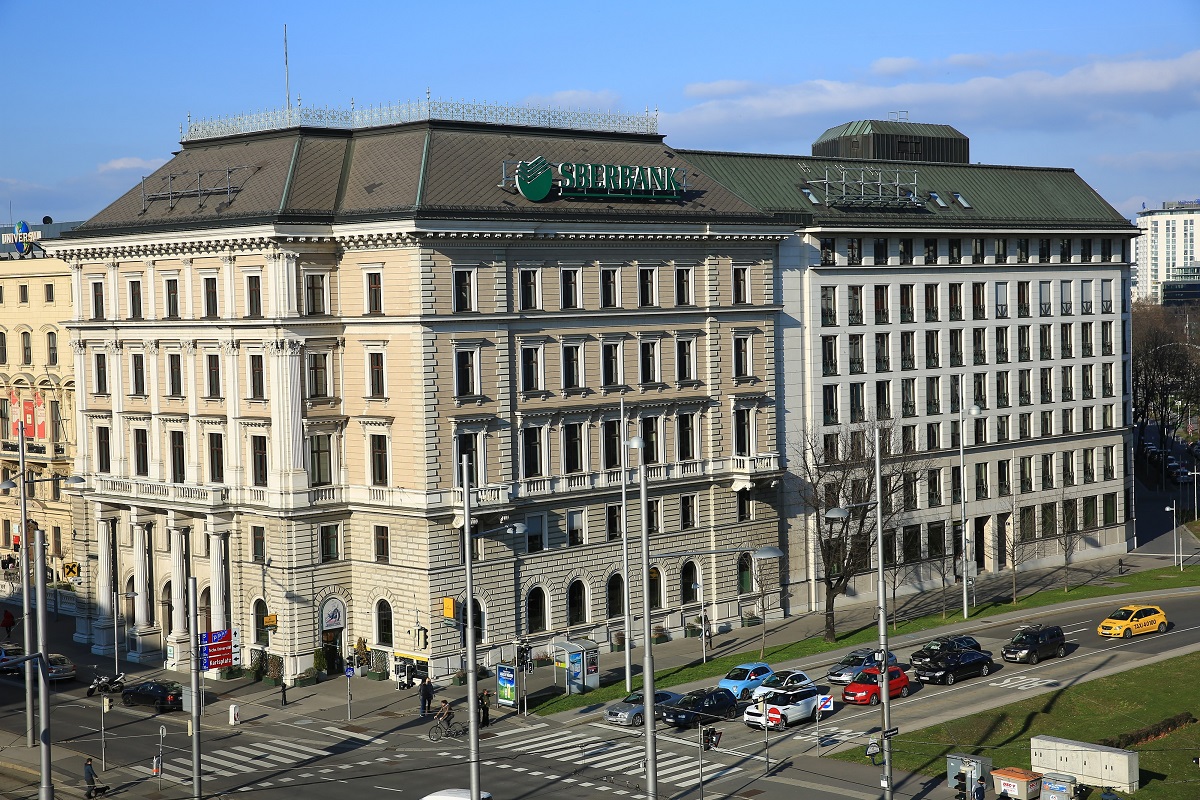Sponsored Content
What Happened to the Russian Sberbank in Vienna after the Invasion of Ukraine?
The Russian bank Sberbank is one of the largest in Europe and has been hit hard by the European Union sanctions triggered by the Russian invasion of Ukraine. To find out what happened to its Vienna branch and whether it can continue to do business in Austria, read on.
 The headquarters of Sberbank Europe, located at Schwarzenbergplatz 3 in Vienna. / Picture: © Wikimedia Commons, Sberbank Europe AG, CC BY-SA 4.0
The headquarters of Sberbank Europe, located at Schwarzenbergplatz 3 in Vienna. / Picture: © Wikimedia Commons, Sberbank Europe AG, CC BY-SA 4.0
The Russian bank Sberbank is one of the largest in Europe and has been hit hard by the European Union sanctions triggered by the Russian invasion of Ukraine. Now the question is what has become of its branch in Vienna, as the German/Austrian market was once an important business segment.
Sberbank is the largest financial institution in Russia and a multinational…
or Log In
Fast News Search





